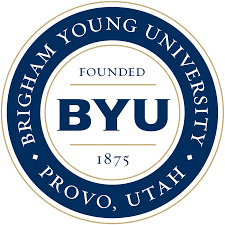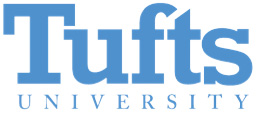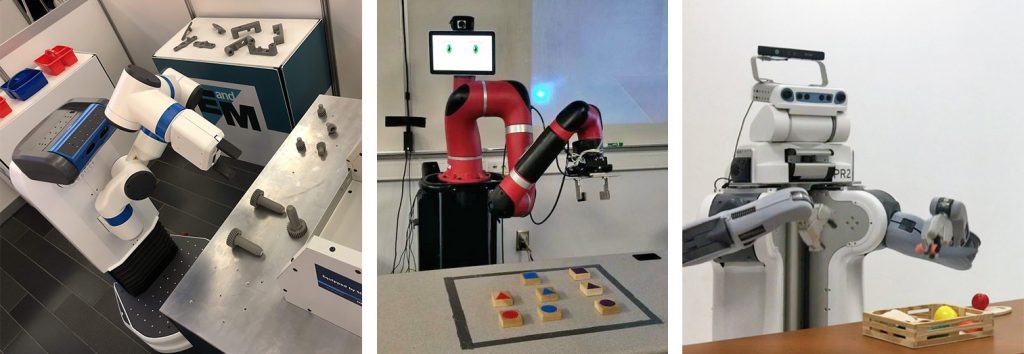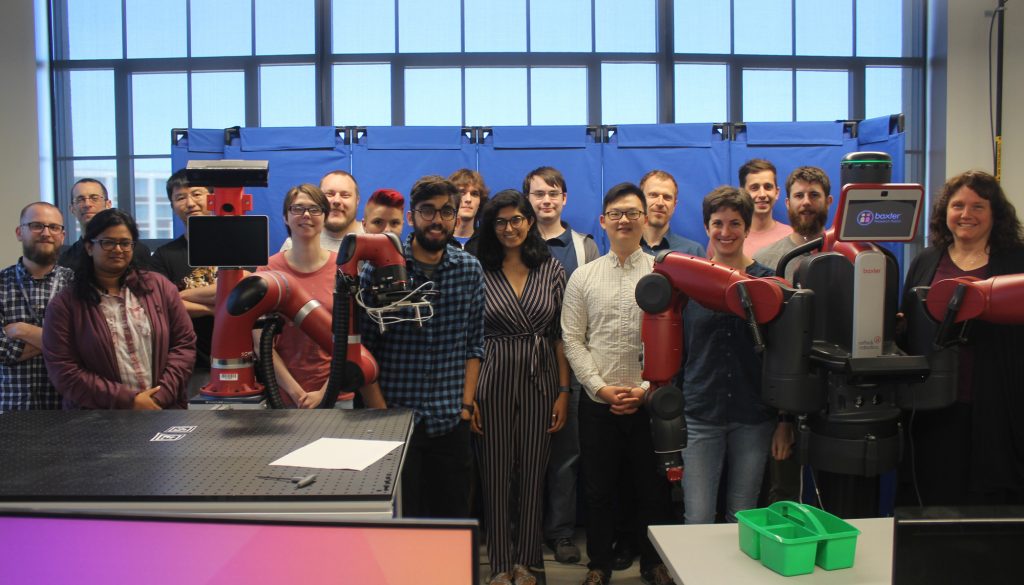



The core focus of the SUCCESS MURI project is to develop new knowledge and techniques for system proficiency self-assessment. The work is framed as a taxonomy of two intersecting dimensions: Time and Levels of Self-Assessment. For the former, these approaches need to work a priori, in situ, and post hoc in order to support effective autonomy and utilization by human partners and supervisors. For the latter, self-assessment can range from simple detection of proficiency up through evaluation, explanation, and prediction. While this project is scoped for robot autonomy, these techniques have utility in other forms of artificial intelligence (AI).

There are four major goals of the SUCCESS MURI project, which consist of a core goal and three supporting cross-cutting goals:
- SELF-ASSESSMENT: The core goal is to research and develop new knowledge and techniques for system proficiency self-assessment.
- EXPERIENTIAL KNOWLEDGE: The first cross-cutting goal is to research and develop new software components to support experiential knowledge in support of self-assessment.
- METRICS: In support of objective self-assessment, the second cross-cutting goal is to identify, develop, and validate suitable metrics for machine proficiency.
- COMMUNICATION: The third cross-cutting goal is to research and develop new techniques for communicating proficiency with humans.
The project team is comprised of Carnegie Mellon University, Brigham Young University, Tufts University, and University of Massachusetts Lowell.

The SUCCESS MURI project is supported by the Office of Naval Research (N00014-18-1-2503).